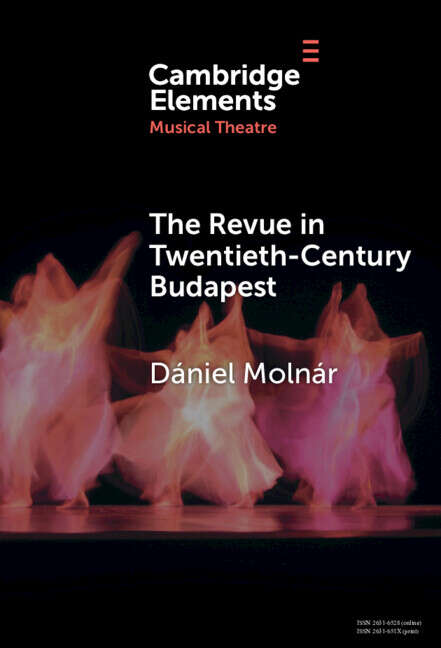The Revue in Twentieth-Century Budapest: From Cosmopolitan Night-Clubs to Stalinist Dogma (Elements in Musical Theatre)
By:
Sign Up Now!
Already a Member? Log In
You must be logged into Bookshare to access this title.
Learn about membership options,
or view our freely available titles.
- Synopsis
- Since the introduction of modern revues in 1925, the genre faced near-constant political scrutiny in Budapest. Yet by the 1930s, the city had become the capital of Central European cosmopolitan nightlife. The closure of Hungary's borders after World War II ended any hope of reclaiming this international status. Under communism and the Stalinist totalitarian regime, the revue—despite its popularity—remained politically stigmatized. For the first time, entertainment was treated as a cultural matter rather than merely a law enforcement issue, but it was forced to conform to ideological expectations. Three attempts to legitimize the genre in the 1950s ultimately failed, shaping the trajectory of live entertainment in the era. By the 1960s, revues were officially accepted, yet their cultural significance had faded amid the rise of new entertainment forms.
- Copyright:
- 2025
Book Details
- Book Quality:
- Publisher Quality
- ISBN-13:
- 9781009298162
- Related ISBNs:
- 9781009494458, 9781009494458
- Publisher:
- Cambridge University Press
- Date of Addition:
- 05/31/25
- Copyrighted By:
- Dániel Molnár
- Adult content:
- No
- Language:
- English
- Has Image Descriptions:
- No
- Categories:
- Nonfiction, Music
- Submitted By:
- Bookshare Staff
- Usage Restrictions:
- This is a copyrighted book.
